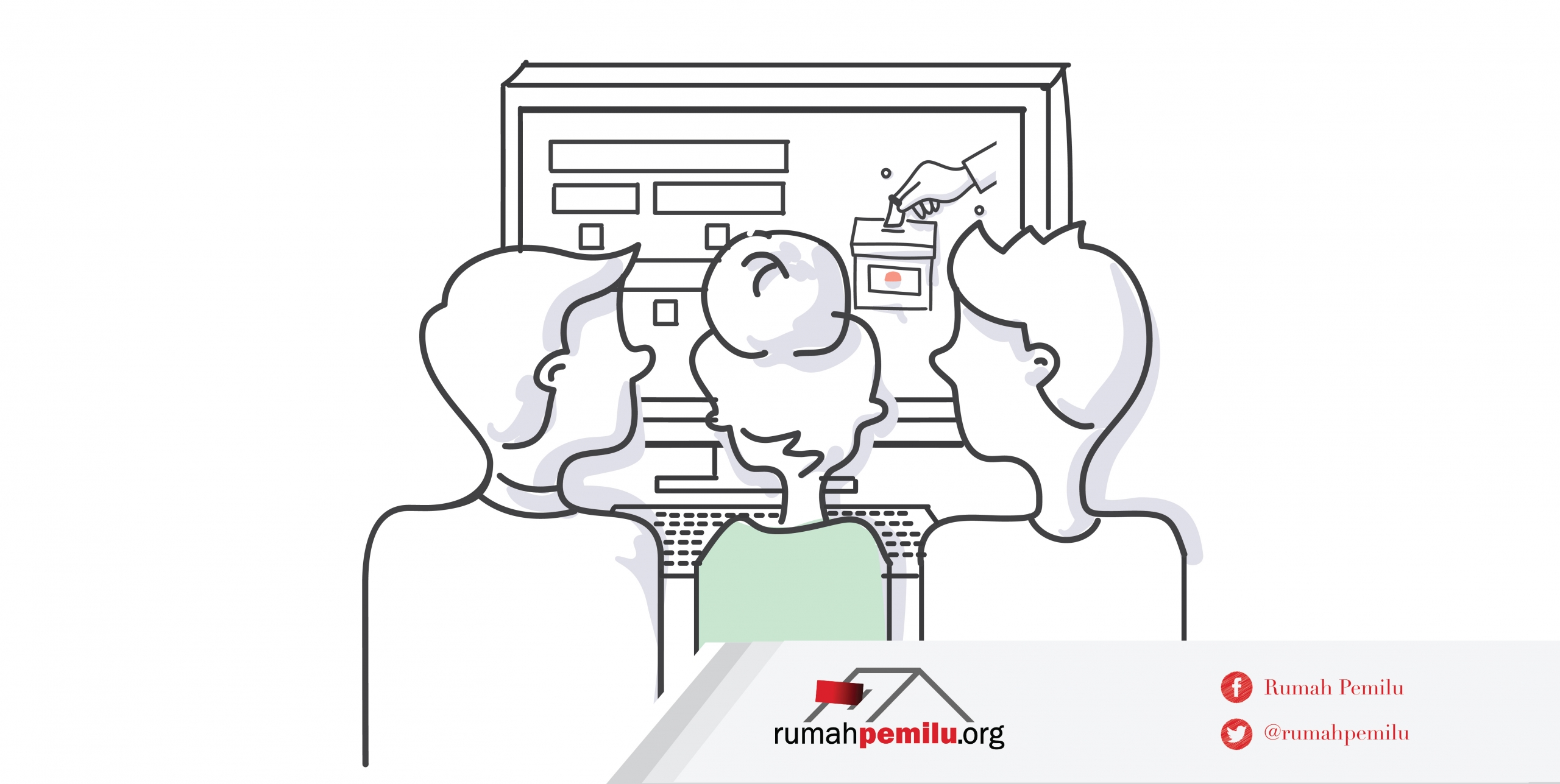The Association for Elections and Democracy argues that the newly finished Elections Law Bill gives no significant improvement. The regulations contained in the Bill, especially on the election system, are mostly included for short-term political reason by the government and political parties. The new law is very likely to be sued at the Constitutional Court and this may render more uncertainty on the whole process of the upcoming 2019 National Elections.
After long and tiring discussions at the Parliament, the government and Parliament members finally agree to pass the Bill into Laws in Friday (07/12).
There are four political parties who refuse to agree and decided to walk out of the discussion process. Those parties are Grand Indonesia Movement Party (Gerindra), National Mandate Party (PAN), Justice and Prosperity Party (PKS), and the Democrat Party. All of these parties refuse to agree on the idea to implement policy-package A like the rest of the parties in the Parliament.
Policy-package A contains several crucial provisions on presidential threshold and election system. The details are: 1) presidential threshold is set at 20 percent of seats possession in parliament or 25 percent of votes percentage in the previous legislative election; 2) parliamentary threshold at 4 percent; 3) open-list proportional election system; 4) district magnitude of 3 to 10 seats per electoral area; 5) saint lague votes to seat conversion method.
On its lates press release (07/21), Perludem states that:
First, the newly passed Bill does not give any improvement to our political system and the legal framework of our elections. Mostly, the provisions contained in the Bill only represent short-term political interests.
It is hard to doubt that the provisions regarding the presidential and parliamentary threshold are included in the Bill just for the sake of winning the National Elections in 2019.
Second, the new Elections Law does not address important issues such as the improvement of integrity of the electoral process. Some new provisions are even reducing the integrity of the electoral process instead, for example: the increase of campaign contribution limit two time higher than the previous limit. This increase does not followed by any provision that could increase the accountability or transparency of campaign financial process.
Thirdly, the new Elections Law revokes the authority for the Elections Commission to delimit a new provincial electoral area. This is unfortunate because such authority for the Commission is important for a free and fair elections.
Fourthly, the new Elections Law expects the Elections Commission to start the preparation phase of the 2019 National Elections twenty months before the voting day. This means the Commission should start the first phase of the election in August 2017. However, looking at the current political situation at the Parliament where there are four political parties that do not agree with the Elections Law, it is almost certain that the Commission might not be able to fulfill this legal mandate.
There is, however, one single improvement. The votes to seat conversion method will no longer use the Hare method but Saint Lague method instead. According to many elections experts, the Saint Lague method will be more likely to produce a fairer conversion result. []
 Rumah Pemilu Indonesia Election Portal
Rumah Pemilu Indonesia Election Portal




